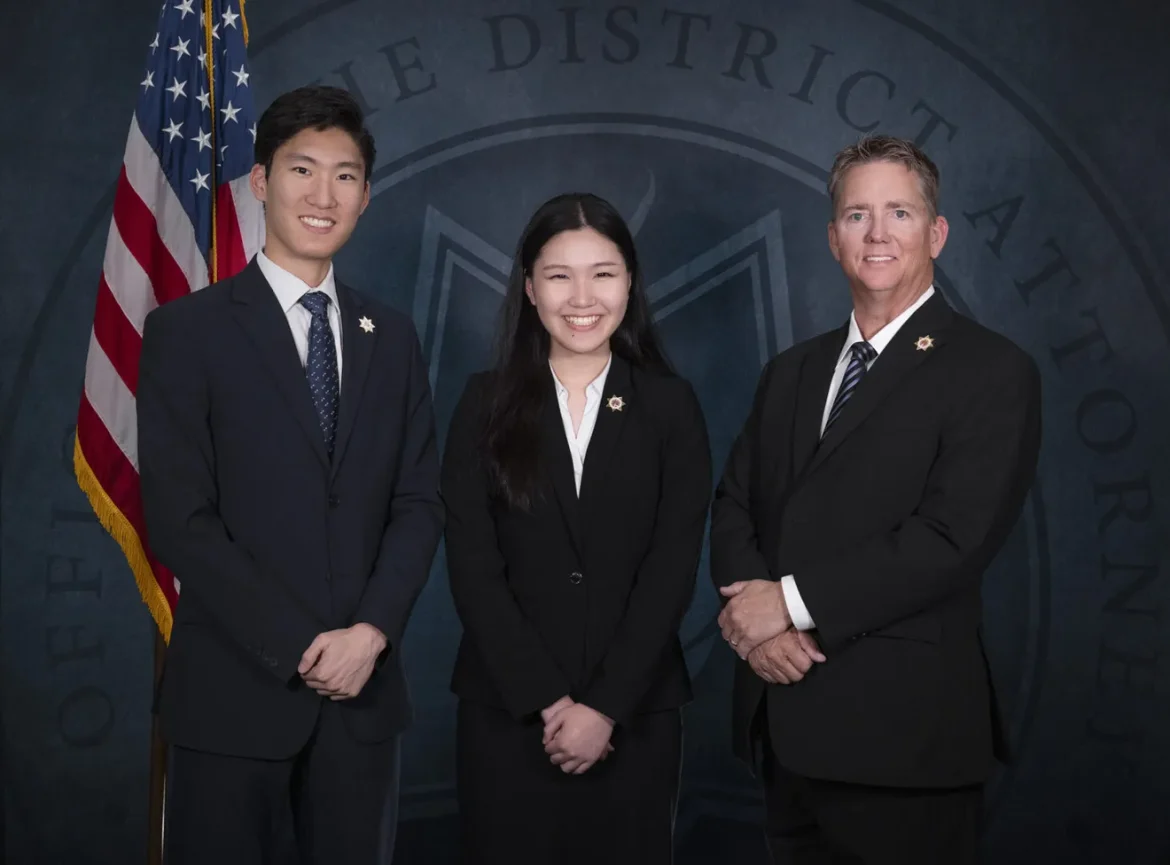A 17-year-old from Tulare County has become the youngest person to pass the California Bar Exam, breaking a record previously held by her brother.
Sophia Park passed the notoriously challenging exam at 17 years and 8 months old, surpassing her brother Peter’s achievement from last year when he passed at 17 years and 11 months.
The California Bar Exam, known for its rigorous standards, typically has a pass rate of only 51%. However, both Park siblings managed to clear this hurdle with remarkable success.
Sophia’s journey to becoming a lawyer began at age 13 when she started law school while still in junior high. Midway through her freshman year of high school, she made the decision to focus solely on her legal studies.
“High school was taking up a lot of my time,” Sophia explained. She then took the California High School Proficiency Exam to dedicate herself entirely to law school.
Despite the exam’s reputation for difficulty, Sophia approached it with confidence. “I don’t think it was extremely difficult,” she said. “The challenge was more about how much information you had to process in a limited time.”
Following in her brother’s footsteps, Sophia began working as a Law Clerk at the Tulare County District Attorney’s Office in early 2024. Tim Ward, the Tulare County District Attorney, expressed his enthusiasm about having both siblings in his office.
“We’re so excited for her, for her brother, and really the family. It’s quite remarkable,” Ward said.
While some people focus on her young age, Sophia maintains a professional perspective. “Sometimes I forget about my age too,” she said. “In my perspective, I’m just a law clerk who passed the bar exam and will become an attorney.”
Sophia now awaits her 18th birthday, when she can be officially sworn in as a Tulare County Deputy District Attorney. Her achievement represents not only a personal milestone but also sets a new standard in California’s legal community.
The accomplishment has drawn attention to the Park family’s exceptional achievements and their contributions to the legal profession at such young ages. Their success challenges traditional timelines for legal education and career advancement, showing that age need not be a barrier to professional achievement.

